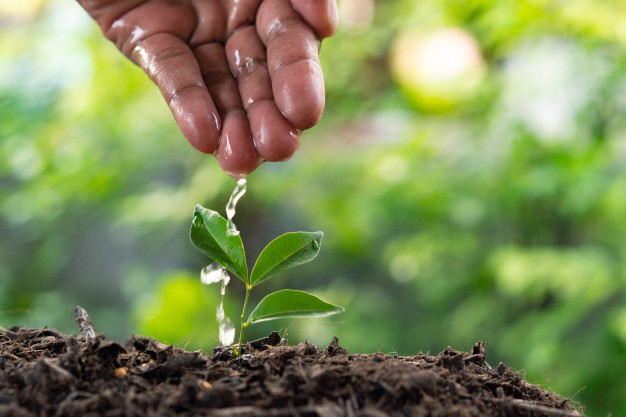How sustainable technology starts with impact investing
The United Nations state that “in order to prevent warming past 1.5 degrees Celsius and extreme climate change, we will need to reach net-zero emissions by 2050”. This goal paves the way for technological developments that help protect the environment and has raised the interest of many investors.
Sustainable technology provides innovative solutions to some of the world’s most pressing issues and creates a synergy between generating profit and benefiting the environment. Governments continue to back cleantech, often seeing it as a source of new jobs and an alternative means of service provision. There is a widespread belief that technical innovation has the ability to provide the answers to our global challenges.
Also known as clean technology investing, sustainable technology investing typically involves investments in companies with sustainable and environmentally friendly products and services. Some sustainable technologies offer improvements that increase resource productivity and efficiency; others decrease environmental impact.
On a global scale, green investing is turning into a megatrend, having totaled nearly $394 billion in 2018. In the following years, the interest in green stocks is expected to grow even further, as the market favors impact investing and more investors become aware of the enormous opportunity and profitability sustainable technologies can provide.
Sustainable technology refers to the science and technology that aims to produce clean energy, reduce negative impacts of greenhouse gases, preserve the earth’s natural resources, and occasionally restore them. Sustainable technology especially plays an important role in recycling, water treatment, air purification, and clean energy.
Achieving Sustainable Agriculture with the latest technologies
1. Sensors and Artificial Intelligence
The use of sensors and artificial intelligence can help produce plants with more nutritious yields and reduce unusable plant biomass. AI in agriculture is an area ripe for innovation because it can enable many different positive outcomes for farmers and the environment.
In her recent article, Dahl Winters describes how sustainable agriculture can be achieved with the latest technologies such as artificial intelligence, sensors, imagery and integrated systems.
2. Vertical Farming
Vertical Farming is an ecofriendly technology that has the potential to solve our food production problems. The concept is to grow produce in stacked vertical layers rather than horizontally.
The benefits of vertical farming are increased sustainability. Some vertical farms don’t even require soil, and reduce water use exponentially. The technology allows us to build vertical farms in buildings around cities and provides people with fresh and nutritious food. The newest inventions in vertical farming, such as an intelligent root misting system for the indoor produce, allows vertical farms to use 95% less water than a regular field.
Vertical farms have the potential to feed overpopulated cities while using less land and less water. They also cut greenhouse gas emissions by eliminating the need to transport the produce over long distances. Over the past few years vertical farms have sprouted all over the world including places like Vancouver, Panama, Singapore, and cities in the UK and the U.S.
3. Wastewater treatment
There is an excessive and wasteful use of water.
According to the Washington State Department of Health our groundwater and surface water supplies are at risk of overuse in many areas and the demand can be greater than the amount supplied by rain and snowmelt. The United Nations water agency (UN Water) estimates that more than 80 percent of the wastewater generated by society flows back into the ecosystem without being treated or reused.
The Earth naturally recycles its water, but new technologies help to speed up the process.
In this field, there are still only a few technological developments, but the existing ones are important. Key developments include membrane filtration, microbial fuel cells, nanotechnology, development of biological treatments and natural treatment systems such as wetlands. All of the named processes are used to make water more drinkable or significantly reduce the presence of pollutants from what is discharged into the sea and rivers.
We still have a long way ahead of us on the journey towards sustainability.
Transformation is specialized in impact investments in the markets of energy, water, agriculture and healthcare. By integrating the latest technologies with sustainable innovations, we help clients achieve lasting profit, while maximizing system efficiency and impact. Contact us to talk about your projects and investment interests.



Leave a Reply